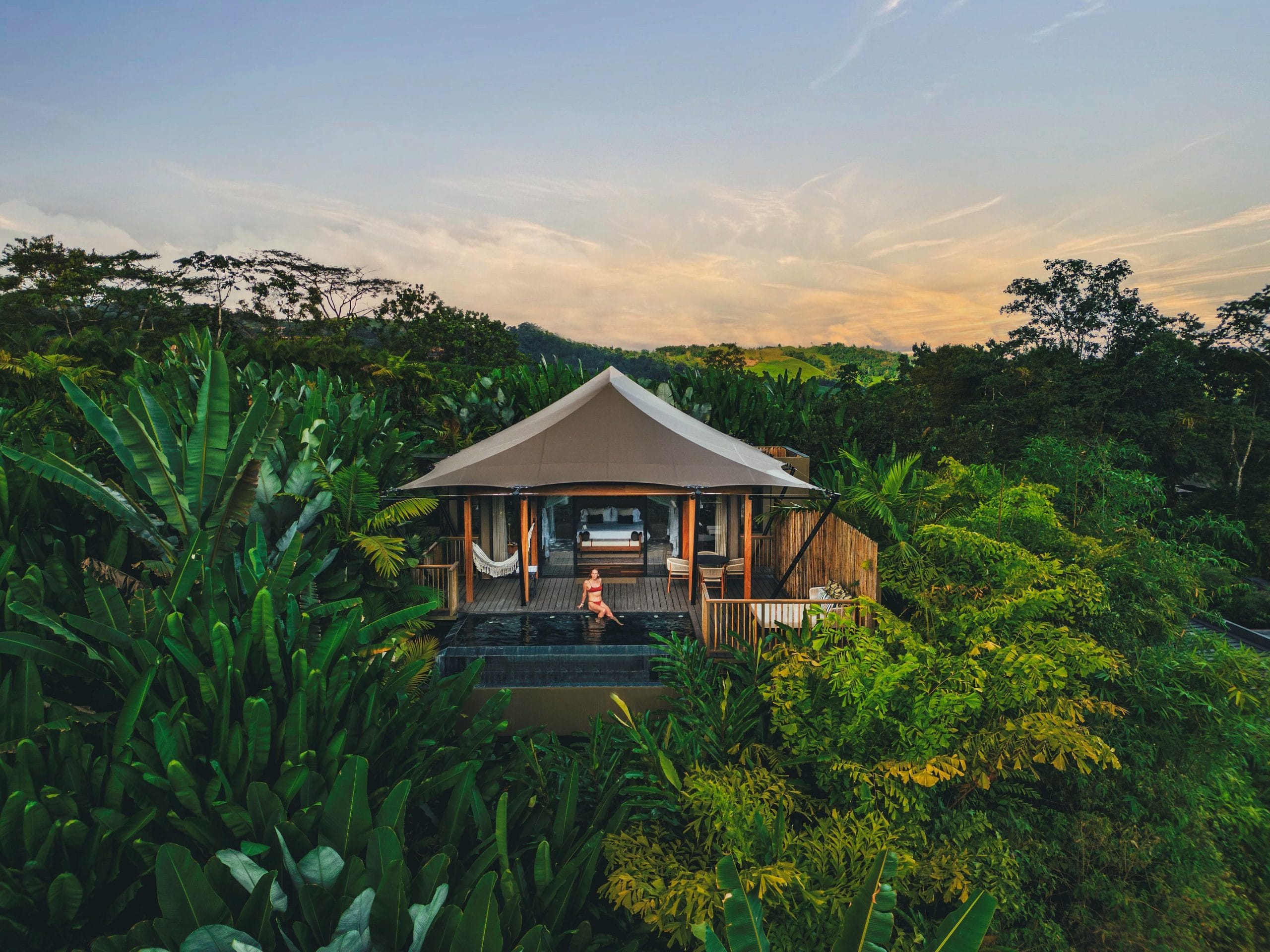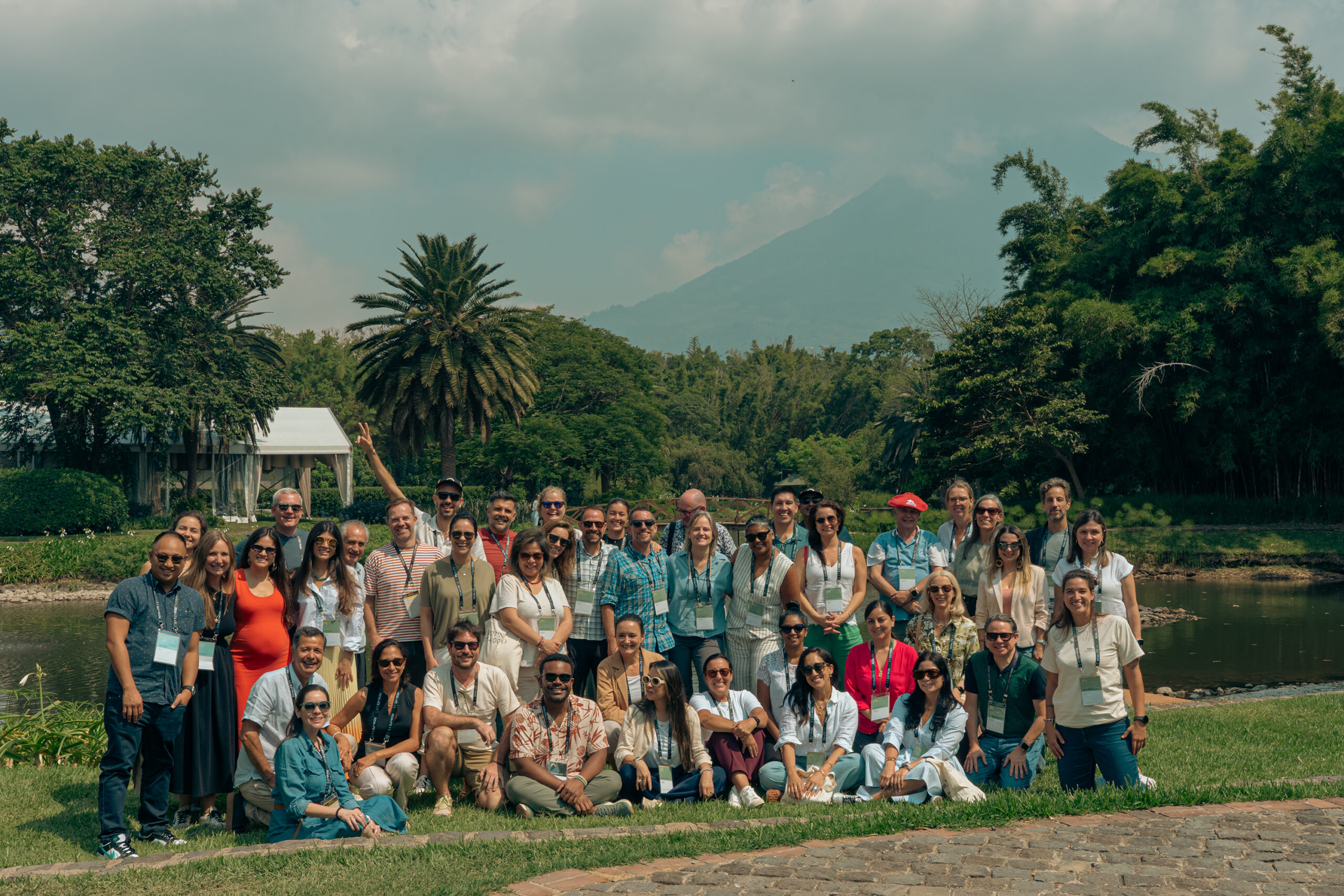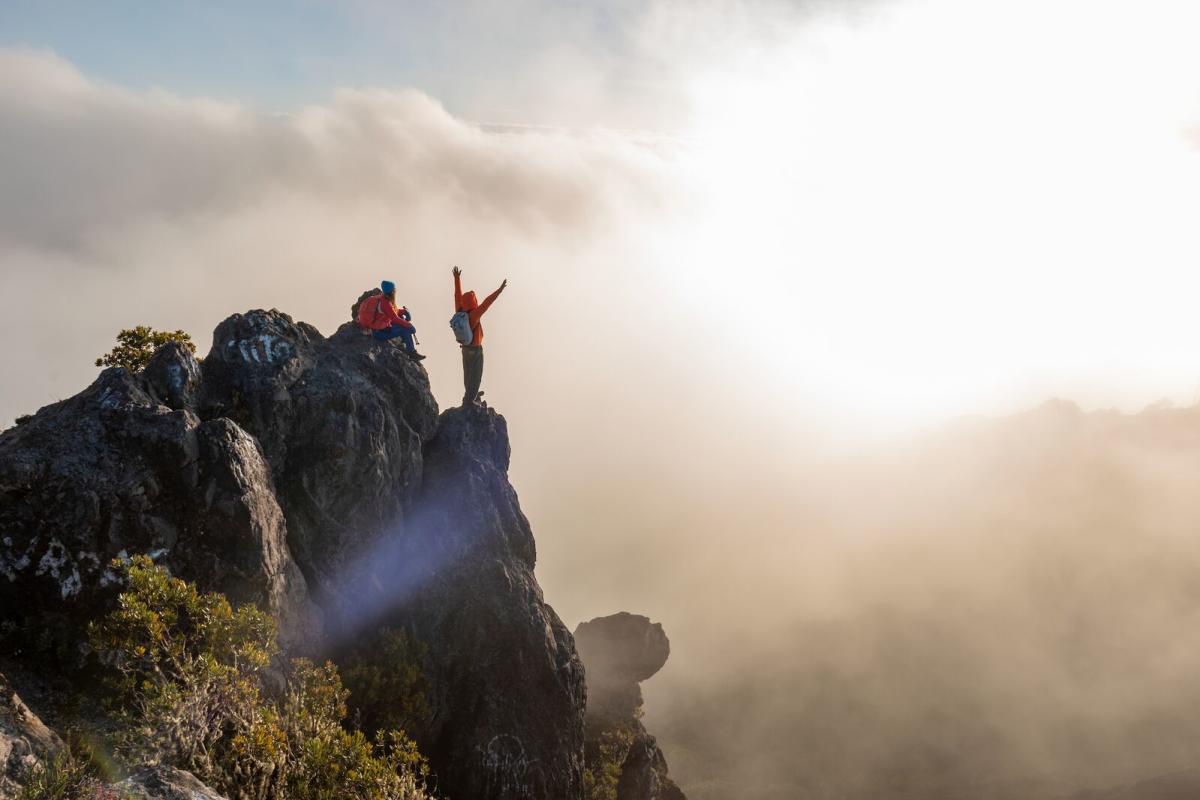
When the Covid-19 crisis hit us, we understood that, after human resources and financial management, marketing and communications were fundamental to support tourism businesses in overcoming the crisis with transparency, creativity and keeping their image alive in travelers’ and clients’ minds. During a videoconference with REMOTE Community members, we had the opportunity to discuss and learn how some hotels and DMCs were sensibly using crisis communications in tourism to be empathetic and present in times of pandemic.
We have gathered here their suggestions and transformed into eight effective recommendations for better tourism communication during a crisis:
1) Be present, be transparent
At a time when the world seems to have stopped, when our businesses are suspended and there is uncertainty about the future, communication is more important than ever. Despite having to deal with internal challenges, travel companies shouldn’t disappear. Instead, we must reevaluate communications, recognize the new reality and be present. “Transparency is essential, not only in communications with final customers, but also with partners, suppliers and our own team”, suggests Douglas Simo?es, a local expert from Pure Brasil.
2) Business can wait. Let’s take care of people
Nothing should be more important than caring about other people’s lives. “Hope you’re doing well” and “Be safe” are sensitive greetings that are important in our day-to-day messages, as is being very careful with our words when talking about serious professional decisions. “Now it’s “people” first. With borders and hotels closed, this is not the time to try to sell or make any promotions”, says Marcel Perkins, a local expert from Latin Trails (Ecuador).
3) Place priority on personal one-on-one calls
Let’s take advantage of the fact that we work in a small-scale niche and favor one-on-one communication whenever possible. “Phone calls are better than written messages”, asserts Li?gia Secco, director of REMOTE Latin America. “The impact the pandemic is having on each part of the globe is different in timing and aspects, which makes personal contact more fruitful at times than mass, one-way messages such as newsletters”, says REMOTE director Roberto Bitelman.
4) Share our values with empathy
At this time, we would rather receive positive messages of hope and optimism than more news about fear and uncertainty. Communicating with empathy is necessary. “We have an opportunity to share our values in a sensitive way”, suggests Alfonso Sumano, a local expert from Journey México.
5) Education and training while we have time
“Local Experts, Tour Operators and Travel Agencies are willing to participate in online training sessions about products and services from hotels and other suppliers, as many travel professionals have free time now, while the industry waits for borders to reopen”, says Gabriela Gelmi of Estancia Cristina in Argentina. “Doing things when we’re facing a new season of closings is a way of showing hope!”.

6) Time to keep dreams alive
Now that we have shared most of the information, we can go ahead and slowly provide content to keep people dreaming of travel. “Creative, human and sensorial stories about what’s happening right now at our properties and in our communities can be very effective in sparking the urge to visit a place”, says REMOTE content manager Daniel Nunes.
7) Generosity in the whole community
During a crisis, we’re more open to helping out. It might be a good idea to campaign to support the needs of the local community where we work or live. That was the initiative from Sol y Luna Foundation, from Sol y Luna Home & Spa, and other REMOTE Community members, like Vila de Alter Pousada Boutique and Maitei Hotel.

8) Preparing next steps
When the travel industry finally gets back on track, travelers will give preference to companies adapted to the new standards of hygiene, health and safety. “We should be ready to attend the demands of this new traveler after the pandemic, communicating that we used this time off to prepare our facilities and staff in order to offer a new standard of services”, says Nahuel Alonso of Esencia Patagonia in Argentina. Our Community has an advantage in these new times: we have small scale tourism in our DNA, with unique experiences far from the crowds and in the most beautiful, remote, natural places in the Latin America that we love.


